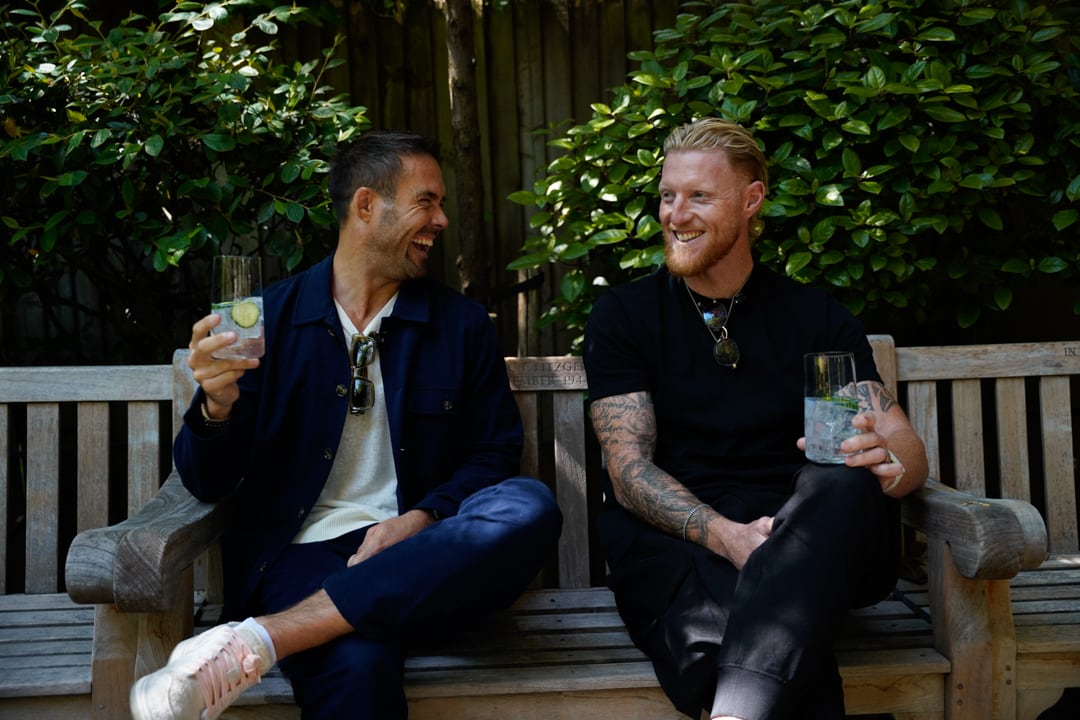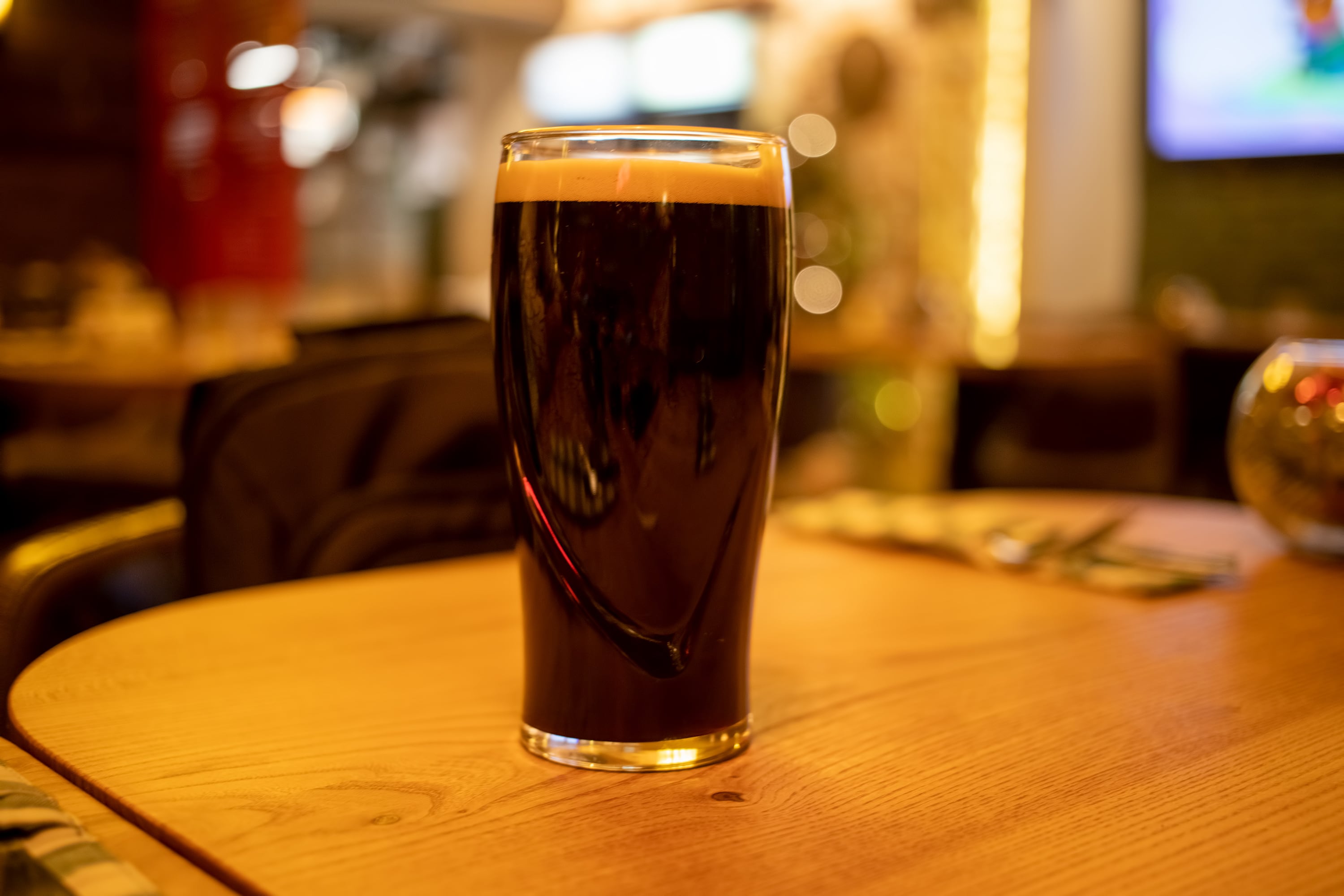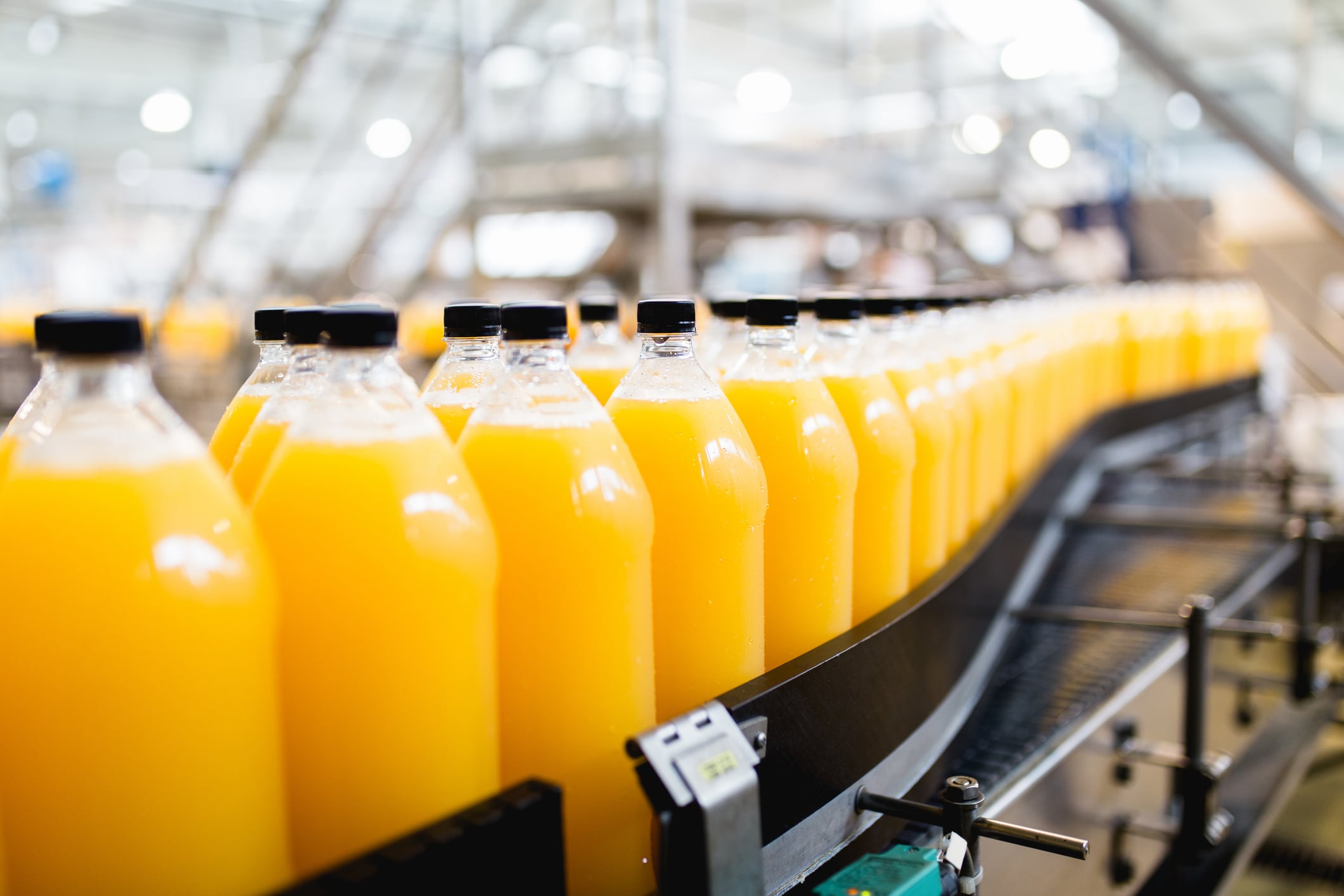Stokes, who captains England’s Test cricket side, has joined as an investor and brand partner as part of a wider $5 million fundraise, with CleanCo aiming to realise cash-flow positivity this year.
Founded in 2019 by Made in Chelsea regular Spencer Matthews, CleanCo is now listed with Tesco, Sainsbury’s and Waitrose, while its spirit alternatives were served in 8.8 million drinks during 2024.
Stokes first became aware of the brand when trying to re-evaluate his relationship with alcohol and has since become an admirer.
“I’m thrilled to come on board as an investor and brand partner in CleanCo” he said.
“Funnily enough, I had originally toyed with the idea of creating my own alcohol-free spirits brand before getting to know CleanCo. Discovering that they are the best in the game and their products are really that good, I knew that I wanted to be involved in a serious capacity.
“Getting to know Spencer, the team and the category potential, only fuelled my intent to be part of this pioneering brand. I was seriously impressed to learn of the market opportunity and CleanCo’s dominance in the space.”
Matthews added: “I’m delighted to have Ben join us and bring the CleanCo brand to millions more across the UK and beyond. I’ve really enjoyed getting to know Ben more, realising how many joint ideals we share in terms of life, athleticism and business.
“Ben’s investment signifies the scale of the alcohol-free category, which is now worth over $13bn2. What was once considered niche, five years ago when we started CleanCo, is now being championed by one of the biggest sports stars in the world.”
The low and no category doubled in size between 2023 and 2024 and is now worth $13 billion globally according to IWSR data.
Meanwhile, Nielsen figures show that CleanCo is the only independent brand among the top six alcohol-free spirits players in the UK and US, with the rest owned by drinks giant Diageo.
“There has been a monster shift in alcohol consumption in the younger generation, statistically, it’s an awful lot less than, than older generations,” Matthews said.
“I believe that it’s primarily driven by a desire to experience things. People would rather pay for an experience, something that they can remember and something that they can share, rather than a headache.”





